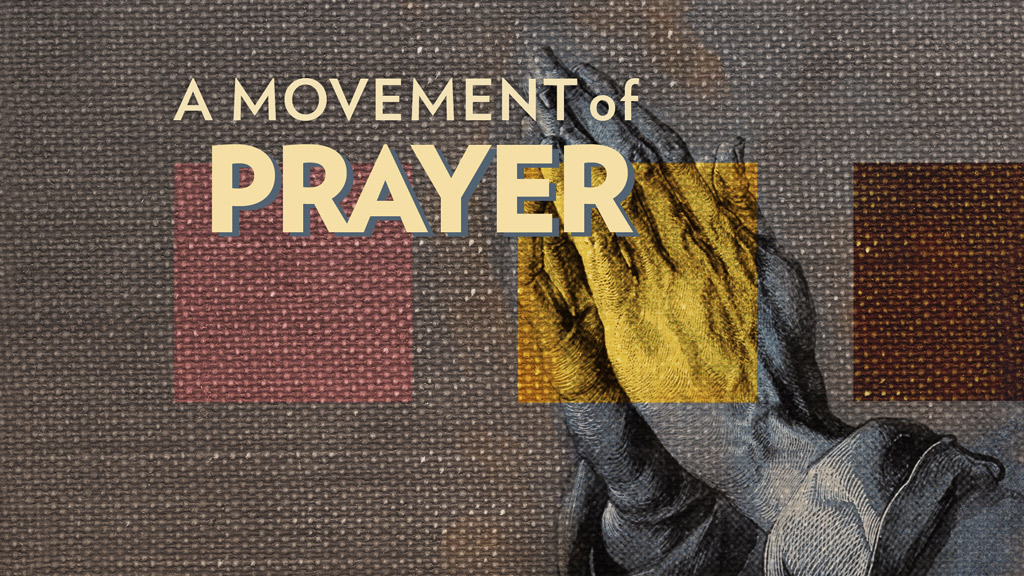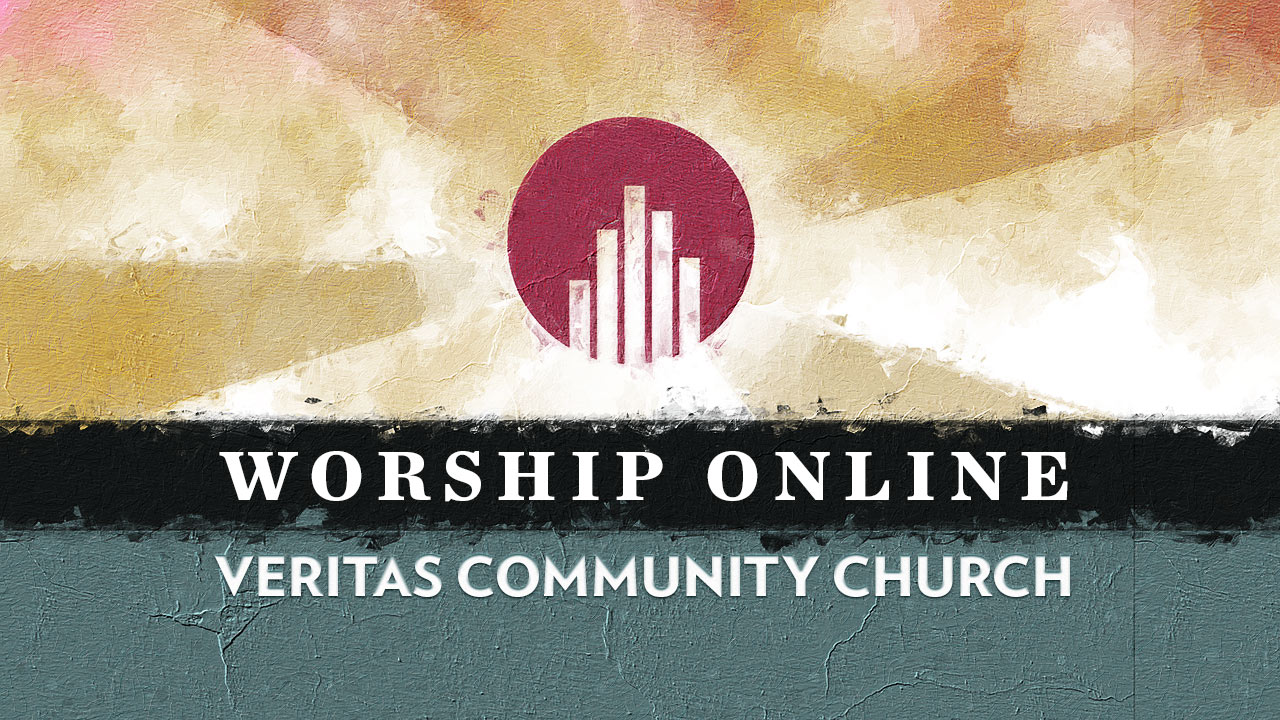Praying the Psalms
For you formed my inward parts;
you knitted me together in my mother’s womb.
I praise you, for I am fearfully and wonderfully made.
Wonderful are your works;
my soul knows it very well.
My frame was not hidden from you,
when I was being made in secret,
intricately woven in the depths of the earth.
Your eyes saw my unformed substance;
in your book were written, every one of them,
the days that were formed for me,
when as yet there was none of them.
(Psalm 139:13-16 ESV)
the following article is taken from the appendix of “A Movement of Prayer” prayer guide

The Holy Spirit will use the Psalms as an antidote for self-delusion in the lives of those who genuinely and humbly come before them. When we engage the Psalms consistently we participate in a conversation with God which requires an unceasing confrontation with our sin. It is only by the grace of God that we can see or experience relief from the sin that pervades our lives. It is painful to plumb the depths of our depravity. That is why we try to avoid the truth or delude ourselves into thinking we don’t have a problem. However, when we pray the Psalms, we will ask with the Psalmist to be delivered from ‘lying lips’ and a ‘deceitful tongue.’ If we are willing, we will experience a process of personal dismantling like nothing else we have experienced. It will be deeper than the deepest conversation, more telling than the most effective personality test. As we pray the Psalms of confession and repentance we will be thrown in waves repeatedly against the immobile rock of truth, and our sinful parts will not be able to withstand the barrage. However, we will not be left stark and battered in the coldness of our sea of troubles. We will increasingly cling to the rock of truth, hold it dearly, and experience its warmth. Dietrich Bonhoeffer said of the Psalms of confession and repentance that “they lead us to the confession of guilt and direct our complete confidence to the forgiving grace of God.” So we do not enter into confession and repentance as self-flagellation or penance, we do it as a gesture of love and trust in the God who ‘formed our inward parts,’ who ‘fearfully and wonderfully made us,’ and who loves us more than we can know or love ourselves. When we can be honest with God, ourselves, and our brothers and sisters, we will begin to have deeper, more intimate, and more transformative relationships. We will experience fuller lives in Jesus Christ our savior.
Teach me your way, O LORD,
that I may walk in your truth;
unite my heart to fear your name.
I give thanks to you, O Lord my God, with my whole heart,
and I will glorify your name forever.
(Psalm 86:11-12 ESV)
Make me to know your ways, O LORD;
teach me your paths.
Lead me in your truth and teach me,
for you are the God of my salvation;
for you I wait all the day long.
(Psalm 25:4-5 ESV)
To experience the Psalms in their full breadth and power, it is important that we do not pick and choose which ones we want or think we need to pray through. Of course we can do this, and it is meaningful and powerful in its own way. However, this piece is an exhortation to pray the entire book of Psalms. It is advice for a marathon, not a sprint. Again Bonhoeffer convicts us that “we ought not to select Psalms at our own discretion, thinking that we know better what we ought to pray than does God himself. To do that is to dishonor the prayer-book of the Bible.” When we pray the Psalms regularly, without a personal agenda, over a long period of time, we will begin to approach God less presumptuously. With the noblest intentions, we can crack open our Bible and run swiftly to those well tread verses that we think we need. However, this very act becomes one of vanity and self-seeking. We think we know what we need, and we go to God for validation. Regularly praying the Psalms will overturn this dynamic. We will cease to read our Bibles with preconceived notions about what God has in mind for our lives, and our Bibles will begin to read us, re-prioritize us, recalibrate us. We will begin to say with humility ‘Teach me your way, O Lord, that I may walk in your truth, and I will glorify your name forever,’ and ‘Make me know your ways, O Lord; for you are the God of my Salvation; for you I wait all the day long.’
There is a multitude of helpful devotional materials, but the book of Psalms is the Word of God in the form of prayer. Martin Luther said of other devotional materials, “Ah, there is not the juice, the strength, the passion, the fire which I find in the Psalter. It tastes too cold and too hard.” If we can submit to a challenging form of worship by regularly praying through the Psalms, if we allow ourselves to be dismantled by the Psalms, and if we can come before the Psalms relentlessly without presumption or vain expectations, we will experience a process of renewal and revival like never before. Our hearts, minds, and senses will with the power of God as he teaches us to pray.
We won’t taste the coldness and hardness that Luther experienced in other devotional practices. We will ‘taste and see that the Lord is good.’
I will bless the LORD at all times;
his praise shall continually be in my mouth.
My soul makes its boast in the LORD;
let the humble hear and be glad.
Oh, magnify the LORD with me,
and let us exalt his name together!
(Psalm 34:1-3 ESV)
1. Eugene Peterson.
Answering God: The Psalms as Tools for Prayer
(New York: Harper One, 1989), 12.
2. Dietrich Bonhoeffer.
Psalms: The Prayer Book of the Bible
(Minneapolis: Augsburg Fortress), 26, 51.
by RJ Lemyre
Member at Veritas Community Church





Comments are closed.